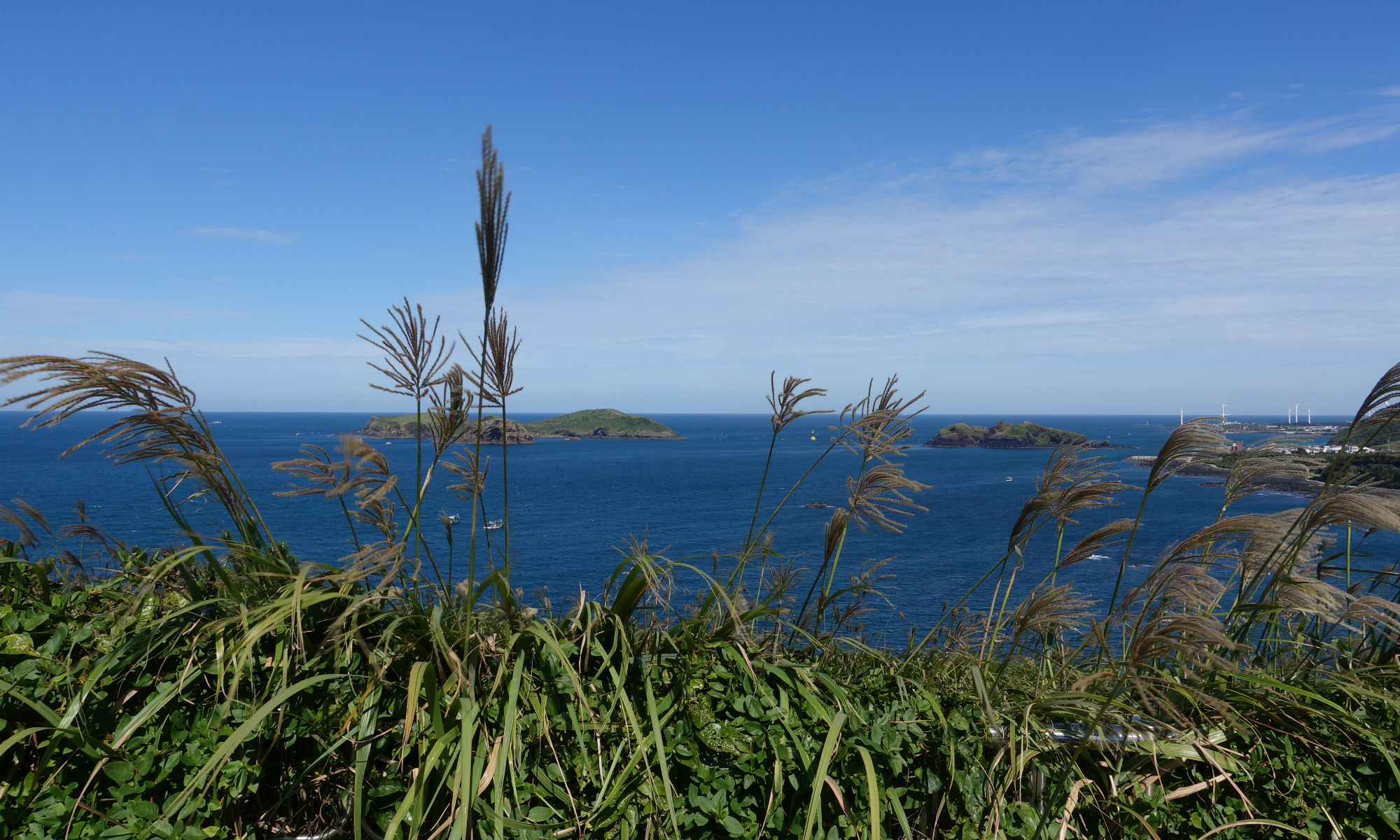Insadong-gil is “well known as a traditional street to both locals and foreigners” and represents the “culture of the past and the present”. It contains a mixture of historical and modern atmosphere and is a “unique area of Seoul that truly represents the cultural history of the nation.” The majority of the traditional buildings originally belonged to merchants and bureaucrats. Some larger residences, built for retired government officials during the Joseon period, can also be seen. Most of these older buildings are now used as restaurants or shops. Among the historically significant buildings located in the area are Unhyeongung mansion, Jogyesa – one of the most significant Korean Buddhist temples, and one of Korea’s oldest Presbyterian churches.
The area is well known for sightseeing, with approximately 100,000 visitors on Sundays reported in 2000. Insadong is also a visiting spot for foreign dignitaries such as Queen Elizabeth II and the princes of Spain and the Netherlands. It contains 40 percent of the nation’s antique shops and art galleries as well as 90 percent of the traditional stationery shops. Particularly noteworthy is Tongmungwan, the oldest bookstore in Seoul, and Kyung-in Art Gallery, the oldest tea house. There are daily calligraphy demonstrations and pansori dancing performances.
Ssamzigil, a shopping mall that concentrates in specialty stores of handcrafts, is also a prominent destination in Insadong. It opened in 2004.
